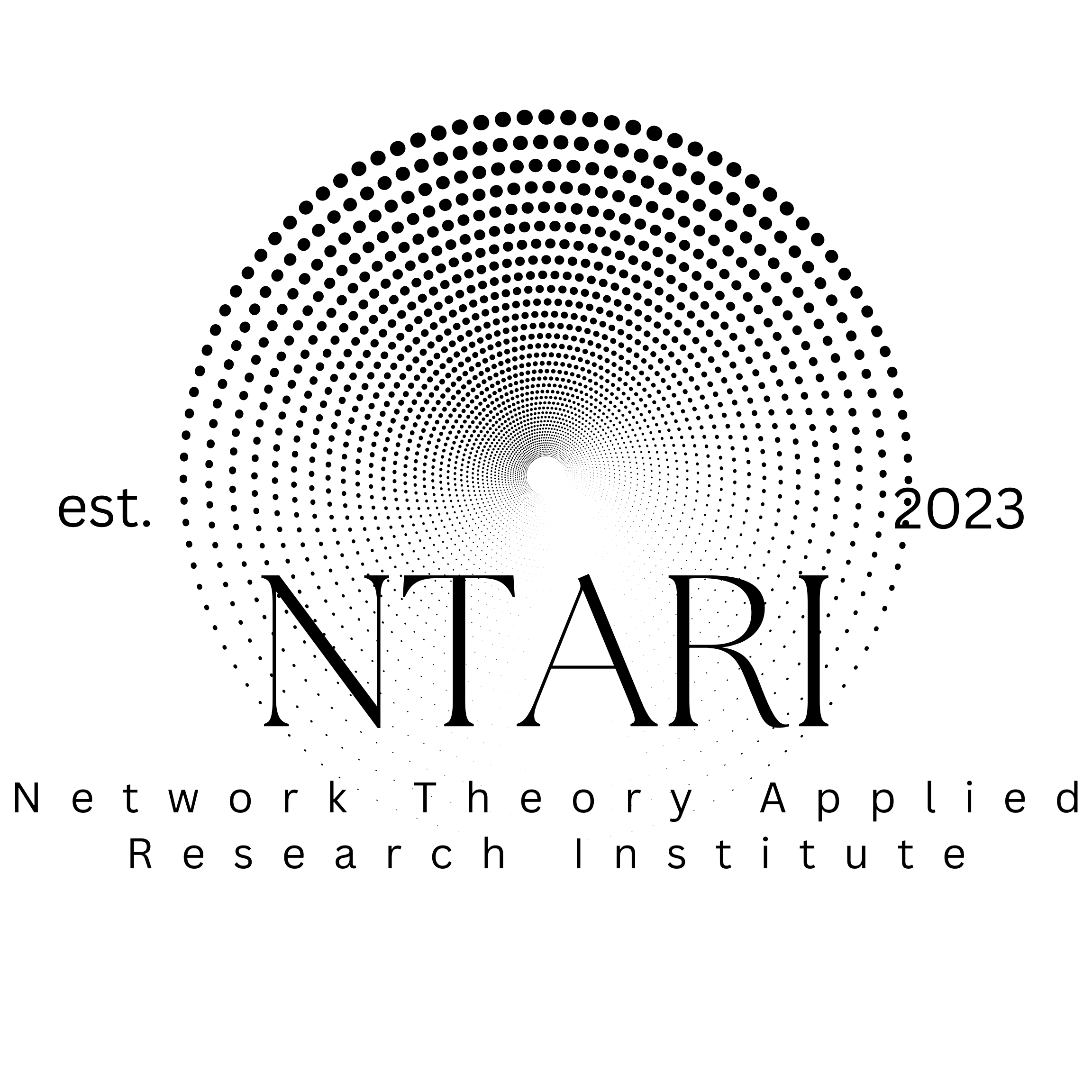The Anthropomorphization of God
- the Institute
- Nov 16, 2025
- 3 min read

Anthropomorphization is the attribution of human characteristics, emotions, behaviors, or physical form to non-human entities—in this case, to God or the divine.
Why Anthropomorphize the Divine?
The Communication Problem: If God is infinite, eternal, and transcendent—completely "other" than creation—how can finite humans comprehend or relate to such a being? Anthropomorphization serves as a necessary bridge between the incomprehensible and the knowable.
Human Cognition and Language
We think in human terms because we are human. Our language, metaphors, and conceptual frameworks are built from embodied experience. To speak of God at all, we must use categories we understand: seeing, hearing, feeling, planning, remembering, caring.
Relationship Requires Personhood
For meaningful relationship with the divine, humans need something relatable. Abstract concepts like "the ground of being" or "ultimate reality" don't invite relationship the way a person does. Anthropomorphic language makes God accessible as someone who can be known, not just something to be contemplated.
Forms of Anthropomorphization
Physical Anthropomorphism
Biblical texts speak of God's "hands," "eyes," "face," or God "walking" in the garden. These are understood by most theological traditions as metaphorical—God doesn't have a literal body, but these images make divine action comprehensible.
Emotional Anthropomorphism
God is described as experiencing anger, jealousy, grief, joy, and love. Whether these are literal divine emotions or accommodations to human understanding varies by theological perspective.
Psychological Anthropomorphism
God is portrayed as thinking, planning, remembering, and changing His mind. God "regrets" making humanity before the flood, for instance—language that suggests human-like mental processes.
Social/Relational Anthropomorphism
God enters covenants, makes promises, responds to prayer, and acts in history—all behaviors modeled on human social interaction.
Theological Tensions
The Cataphatic Approach (Affirmative Theology)
This emphasizes what we can say about God, often using anthropomorphic language positively. God is loving, just, merciful—taking human virtues and attributing them to God in perfected form.
The Apophatic Approach (Negative Theology)
This emphasizes what we cannot say about God, recognizing that all human language fails to capture divine reality. Any anthropomorphic description is at best a partial truth, at worst a distortion.
The Analogical Middle Ground
Many traditions navigate these tensions by saying anthropomorphic language is analogical—it points toward truth without being literally true. When we say God "loves," it's both like and profoundly unlike human love.
Philosophical Questions
Is God actually personal, or is personality itself an anthropomorphic projection? This remains a fundamental divide in theology:
Classical theism tends to see God as beyond personality while accommodating personal language for relational purposes
Personal theism argues that relationality and personhood are fundamental to God's nature, not projections
Process theology sees God as genuinely responsive and relational, experiencing time alongside creation
The Problem of Idolatry: Every religious tradition warns against confusing the representation with the reality. Anthropomorphic language becomes problematic when:
God is literally imagined as an enlarged human being
Human limitations are projected onto the divine
Cultural biases are baptized as divine attributes
The Incarnation as Ultimate Anthropomorphization
In Christian theology, the incarnation represents God's own anthropomorphization—the divine taking on human flesh in Jesus Christ. This paradoxically validates anthropomorphic language (God did become human) while also critiquing simplistic anthropomorphism (the fullness of divinity cannot be contained even in human form).
Modern Critiques
Ludwig Feuerbach famously argued that all theology is anthropology—that humans create God in their own image rather than vice versa. God becomes a projection of idealized human qualities.
Feminist and Liberation Theologies have highlighted how anthropomorphic language often reflects the biases of those in power—God imaged primarily as male, as king, as warrior—reinforcing patriarchal and hierarchical social structures.
The Inescapable Nature of Anthropomorphism
Here's the paradox: even saying "God is beyond human categories" uses human language and human concepts. We cannot speak of God except through our own conceptual apparatus. The question becomes not whether to anthropomorphize but how consciously and carefully we do so.
The most sophisticated theological approaches acknowledge this limitation while maintaining humility about the distance between our language and the reality it attempts to describe. They use anthropomorphic language as windows rather than mirrors—not capturing God's essence, but allowing glimpses that orient us toward the transcendent.






Comments